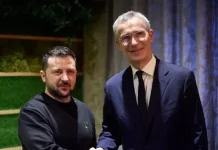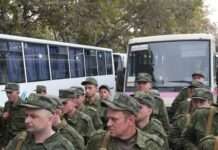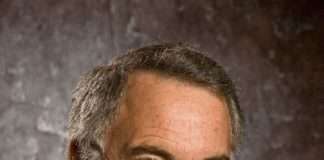In statements that raised doubt on whether he would be regarded as a mediator by Ukraine or the West, South African President Cyril Ramaphosa blamed NATO for the Russia-Ukraine crisis and indicated he would reject attempts to condemn Russia.
“The war could have been avoided if NATO had heeded the warnings from amongst its own leaders and officials over the years that its eastward expansion would lead to greater, not less, instability in the region,” Ramaphosa said in parliament on Thursday.
However, he went on to say that South Africa “cannot condone the use of force and violation of international law,” a clear allusion to Russia’s invasion of Ukraine on February 24.
Russia’s operations have been described by President Vladimir Putin as a “special operation” to disarm and “denazify” Ukraine and fight what he sees as NATO aggression.
Ukraine and its Western allies think Russia launched the “unprovoked attack” in order to subdue a neighbor Putin refers to as a artificial state.
Matamela Cyril Ramaphosa further claimed that Putin personally informed him that talks were progressing.
South African President stated that he had not yet spoken with Ukraine’s President Volodymyr Zelenskyy, but that he wished to do so.
Ramaphosa said on Friday that South Africa has indeed been asked to mediate in the crisis between Russia and Ukraine.
He didn’t say who had contacted him and requested him to participate.
Ramaphosa remarked, “There are those who are insisting that we should take a very adversarial stance against Russia. The approach we are going to take [instead] is … insisting that there should be dialogue.”
African National Congress party, Matamela Cyril Ramaphosa‘s party, which has ruled South Africa since white minority rule ended in 1994, has close links to the former Soviet Union, which educated and financed anti-apartheid campaigners throughout the Cold War.
As a result, South Africa is frequently viewed with distrust by Russia’s Western adversaries, despite the fact that it has retained a high degree of diplomatic power in relation to its economic size after its peaceful democratic transition.








